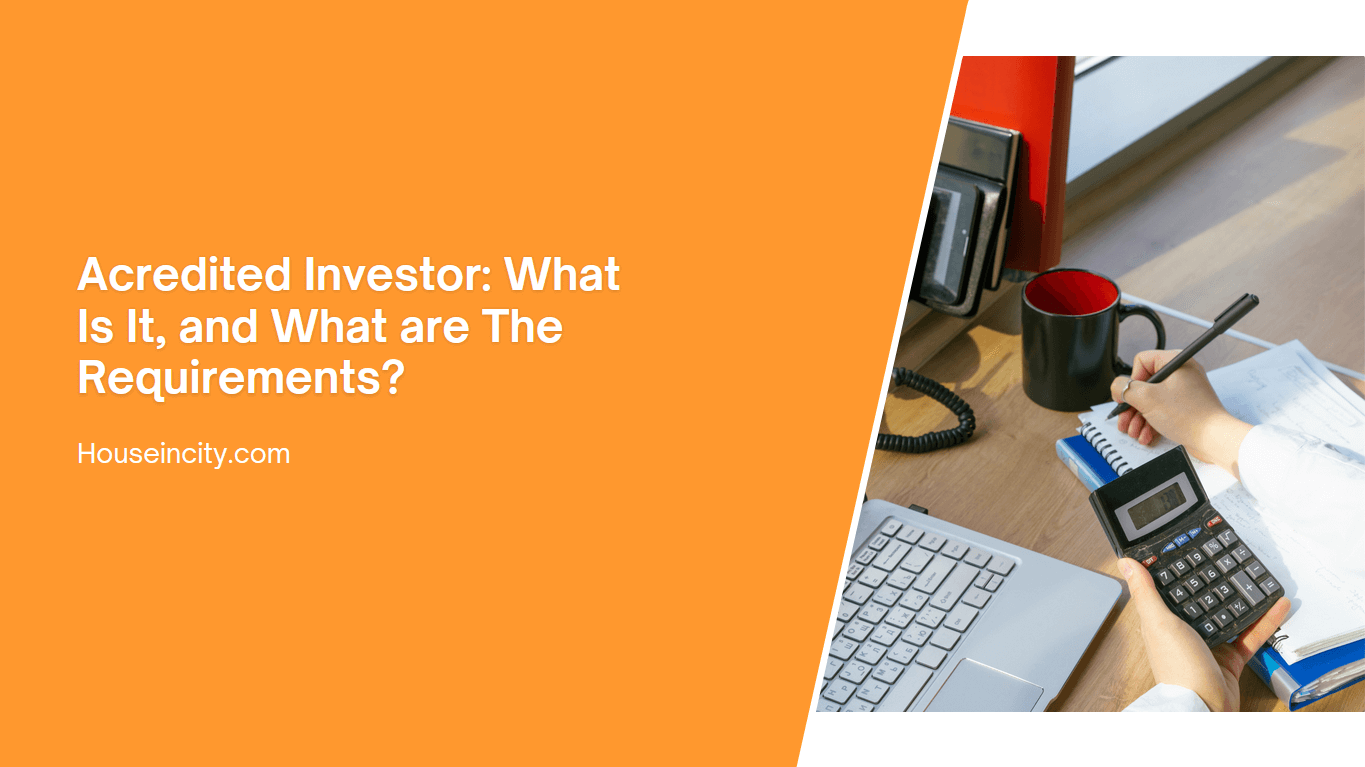Senior citizens may be looking for ways to increase cash flow without having to sell their homes. Selling the home means that subsequently the owner must either buy a less expensive home or begin renting; seniors considering selling a home that they love and don’t want to leave may be very excited to find that they have the option of a reverse mortgage. A reverse mortgage is a loan for seniors that does not have to be paid back until after the homeowner moves out and the home is sold, or until the homeowner has passed away.
The senior homeowner does not have to sell the home at any specific time; when the homeowner moves out or in any manner permanently vacates the home and the home is sold. Instead of going to the estate of the homeowner, the proceeds go to pay back the borrowed amount on the loan. There are several ways to collect the loan, and there are a few specific requirements for being approved for the loan. You must be over 62 years of age and you must own your home to qualify, but there is not a required minimum annual income level which makes this an attractive option for seniors.
Collection options include receiving a lump sum of cash at the time the loan is originated. A second method of collection is to receive the money in a regular monthly cash advance, like a monthly royalty check. A third option is to set up the loan as a line of credit that allows the borrower to decide at random when the money is disbursed and how much of the loan is disbursed at the time. There is also the option to combine these payment options into a plan tailored just for your needs as a method of receiving the cash payments.
After looking at some other senior housing options, make sure that you do not want to go with the more traditional option of selling your home. A reverse mortgage may be the best option for you. But before you begin increasing your debt, see about the following options because you may decide that a way to increase cash without incurring any debt at all is more attractive than you initially thought.
Independent seniors can consider an elder cottage, which is an inexpensive prefabricated home that can be placed on the lot of another home, like the home of one of your adult children. This would be a good option if you don’t mind living that close to your child and his or her family. This would allow you the opportunity to sell your home, collect the cash, and invest the majority of the proceeds as you see fit. Instead of incurring debt, you can increase revenue and maintain independence. However, if this is not an option you like, or if you don’t have any children, a reverse mortgage may still be a better option.
There is also the option of simply selling your home for more than the cost of purchasing a new home of lesser value or renting. Determine how much your home is worth, consider the cost of moving and purchasing a condo or a lesser valued home or renting an apartment. If you find that there is a condominium that you like, and the condo cost is, for example, $70,000.00 less than the value of your home, why not just move into the condo and sock the difference in cost away in an account that grows interest, like a certificate of deposit?
You can earn about five percent interest in a CD account right now over a period of roughly one year. That may be a better alternative to a reverse mortgage. However, if condo living is not for you, and the home you live in is the only one you could ever truly love, then a reverse mortgage is probably perfect for you.
Once you have considered all the options, you will know what is right for you. A reverse mortgage will allow you to stay in the home you own. It provides many different ways to collect the proceeds of the loan, which also provides you with a way to control the debt that you are incurring towards your estate. If you only need a few hundred dollars a month to supplement your income, and you anticipate the value of your home increasing over time, then your debt may not actually increase.
You will not increase your equity in the home as much to pay back the reverse mortgage, but you will be able to cash in on the value of your home as you see fit without the hassle and worry of increasing debt. However, if you do not see any significant increase in your home’s value, then you still do not ever have to worry about repaying the loan because that will be a part of settling your estate after you have passed away.
Unless you want to leave the proceeds of your home to your beneficiaries, then a reverse mortgage may be just what the doctor ordered. Why not enjoy you senior years in style with trips to the spa or the Bahamas? Like they say, you can’t take it with you.


